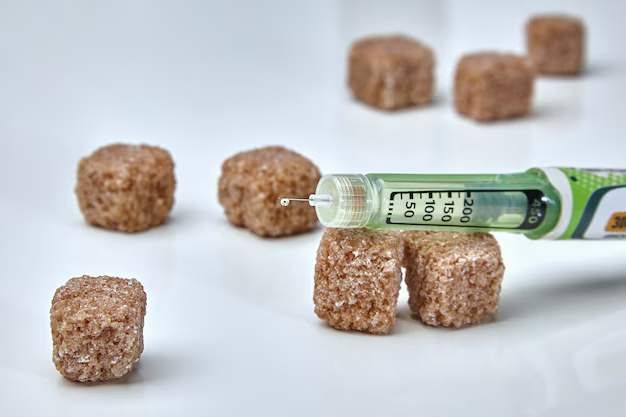
Table of Contents
An increasing number of people have turned to using artificial sweeteners, which have now been promoted as healthier alternatives to sugar because they contain very few calories and entail a lesser risk of illnesses caused by sugar overconsumption.
These artificial sweeteners are mainly found in diet soft drinks and sugar-free products, which can satisfy one’s desire for sweets.
There are increased safety concerns and questions over the long-term health effects of using them.
Among the concerns, the link between artificial sweetener use and the development of pancreatic cancer, also known as insulinoma as it is endocrine in origin, has been in debate for quite some time.
It is often referred to as the silent killer because, in the earlier stages, it usually does not provide many signs or symptoms, which in turn results in a late presentation with poor chances of being cured.
Despite lifestyles altering over time, the one constant remains the increasing prevalence of the disease, which has propelled the search for several alternatives, including dietary ones, by both scientists and health-conscious people. Such diets include those that incorporate the use of artificial sweeteners.
The article evaluates the literature on previous research concerning artificial sweeteners and pancreatic cancer to present the scope of the problem based on the evidence obtained so far.
People can make rational choices regarding their diets by outlining the issues within the literature, certain foregone conclusions, and the mechanisms.
Let us examine, for instance, those proponents of total substitutes for sugar who support the cause for the restoration of pancreatic health and sound the alarm or whose fears are unfounded.
Is there a Relationship Between Artificial Sweeteners and Pancreatic Carcinoma?
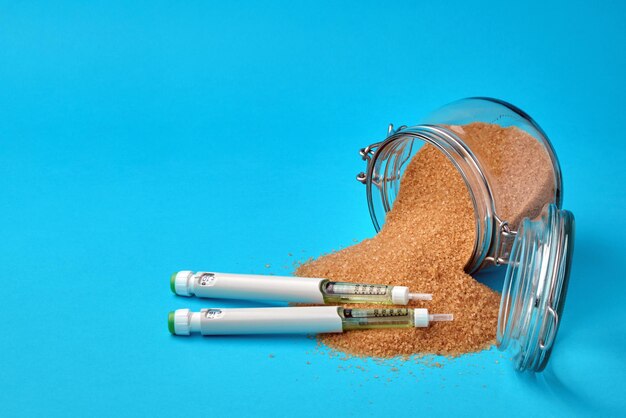
Aspartame, saccharin, and sucralose have come to be branded as unsafe for consumption by many, considering them to be cancer-causing for a few years now.
More divergent studies investigating the relationship of artificial sweeteners in patients with pancreatic cancer have returned disparate results, even at times failing to reach any conclusive outcomes.
Animal studies have shown that if certain artificial sweeteners surpass a certain level, cell changes might occur that could promote susceptibility to cancer.
However, we must point out that there are essential areas for improvement in making such strong associations, for instance, with these results and extrapolation for humans.
Due to drastic differences in metabolism and demand exposure factors, humans cannot recreate the results on test subjects who consumed such artificial sweeteners.
There is no substantial evidence from the studies of populations of artificial sweetener consumers and those who had pancreatic cancer that these two had a cause-effect relation.
Cancers of the National Cancer Institute showed no high cancer incidence in patients consuming moderate amounts of artificial sweeteners.
Several studies do mention a correlation between the two, though not a cause and effect, conclusively linking other factors such as obesity, smoking, and genetic factors as possible causes.
To date, no evidence directly associates artificial sweeteners with pancreatic cancer. However, such sugar substitutes may have harmful mechanisms and longer-term developmental effects, which should require more research.
Why are artificial sweeteners overly sweet for the pancreas?
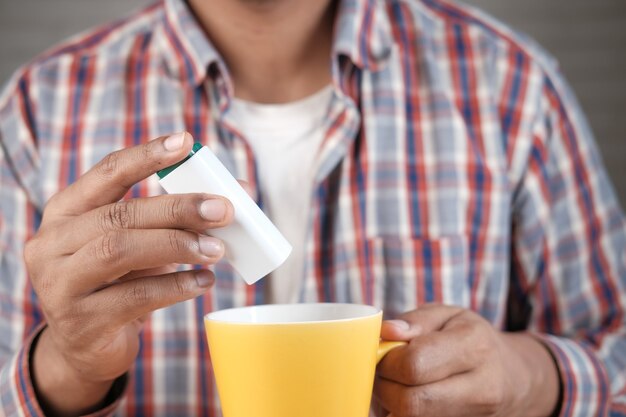
The pancreas synthesizes digestive enzymes and controls blood glucose concentration. A problem arises when the pancreas comes into contact with artificially sweetened products that are often sweeter than regular sugar.
Artificial sweeteners activate taste receptor cells in the mouth, which leads the brain and pancreas to respond. Consequently, there may be an insulin response even before sugar ingestion.
However, researchers theorize that the pancreas may sustain some damage if such pancreatic intervention is extended longer. From a health standpoint, these should not be problems for healthy individuals.
The primary concern is whether the metabolic substrates of the cancer cell can trigger inflammation or cell injury within the organ as a precursor to the neoplastic process and appear against the background of the pancreas.
Numerous studies have yielded contradictory findings on whether certain pancreas diseases are associated with consuming artificial sweeteners.
Many regulatory bodies such as the FDA, EFSA, and WHO have already approved several artificial sweeteners as long as they are consumed within the prescribed limits.
The role of artificial sweeteners always takes a back seat, and many regard other more aggressive, presumably pancreatitis etiology such as hyperlipidemia, chronic inflammatory disease, or alcohol abuse as the more likely candidates.
Seeking medical advice is strongly encouraged before using any sugar-substituted products for patients with chronic pancreatic diseases or patients suffering from many morbid metabolic disorders.
Do Artificial Sweeteners Have Any Effect on the Probability of Tumour Development?
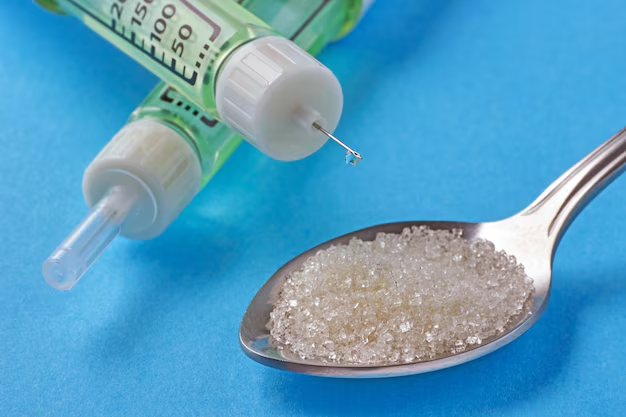
The question of whether artificial sweeteners, used over the years in the food industry, increase the chances of developing tumors, including pancreatic cancer, is indeed pressing.
Laboratory investigations conducted to date provide an answer as to what modifications these sugar substitutes might cause to a cell’s normal behavior, if any, and whether such changes might result in malignant transformations.
Certain sweeteners have been observed to cause cellular expansion in animal models, but this occurs due to overconsumption, which is not representative of everyday use; this is why these studies are unrealistic.
To date, there is no conclusive proof in human epidemiological studies that artificial sweeteners have caused an increase in pancreatic cancer diseases. In addition, genetic composition, lifestyle, and environment facilitate the chances of developing a tumor in the pancreatic organ.
Some artificial sweeteners, however, Stevia has shown to have anti-inflammatory properties and perhaps even anti-cancer capabilities, which indicate they do not fit the profile of sugar substitutes that cause cancer when consumed in moderation.
These findings raise the need to be more careful while dealing with types of sweeteners about cancer risk.
It is important to note that a practical trade-off in this context must be that good dietary habits, physical activity, and known carcinogen risk factors do not increase the potential risk of developing the disease.
Are Artificial Sweeteners Safe for the Pancreas – Have They Got It Bad?
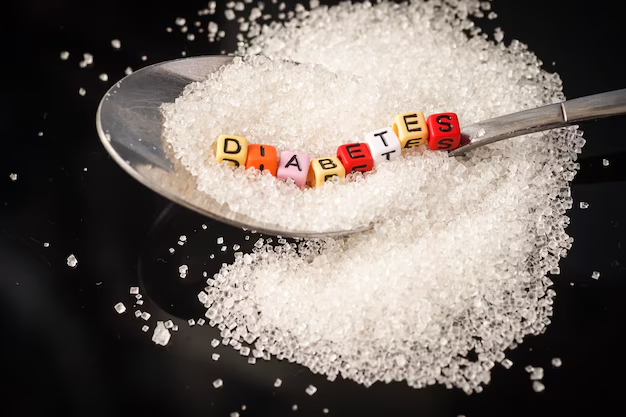
Not all people may have to abstain from artificial sweets, depending on particular detention and dietary requirements. The risks for the majority do not appear to be very high, even with moderate use, including any risks associated with pancreatic cancer.
People with diabetes and other metabolic problems resort to sweeteners, which do not cause insulin spillage; in this case, the benefits may outweigh the risks. However, these must be consumed in moderation, and a craving for overly sweetened foods should not be internalized.
On the other hand, for those who are concerned about artificial sweeteners affecting their pancreas by linking them to cancerous growths within it, moderation in the use of artificial sweeteners will resolve the issue.
Safe substitutes are organic sweeteners such as sugar, honey, or maple syrup in moderate proportions. Even so, they have health ramifications too.
A diet packed with whole foods, colorful fruits, nutritious vegetables, and healthy vegetables for the pancreas. Prevention, on the other hand, can also involve looking for early warning signs associated with the onset of pancreatic cancer, such as unaccounted weight loss, persistent abdominal pain, and self-examinations.
FAQs
Are there any risks associated with taking artificial sweeteners daily?
According to health regulatory groups such as the FDA and WHO, it is safe to consume a supplement daily as individuals can follow set Acceptable Daily Intake levels. So yes, there is a safety margin that limits an individual’s daily intake of artificial sweeteners.
Are people who have pancreatic cancer as a consequence of consuming artificial sweeteners?
The evidence does not support any possibility of artificial sweeteners causing cancer of the pancreas because most studies fail to provide any relation.
Which one should not consider putting their health in danger by consuming artificial sweeteners?
Stevia or erythritol sources are much safer because they are natural and are known to have very few side effects.
Are there any studies that show an occurrence of insulin production as a result of artificial sweeteners?
Some artificial sweeteners may elicit a minimal insulin reaction, but these effects are minimal in healthy individuals.
Conclusion
It is concluded that the links between artificial sweeteners and threats to the development of pancreatic cancer remain inconclusive.
No data supports that claim; however, it is prudent to avoid artificial sweeteners. Priorities should be placed more on semiotic habits and practices to achieve better health not only of the pancreas but of other organs as well.

